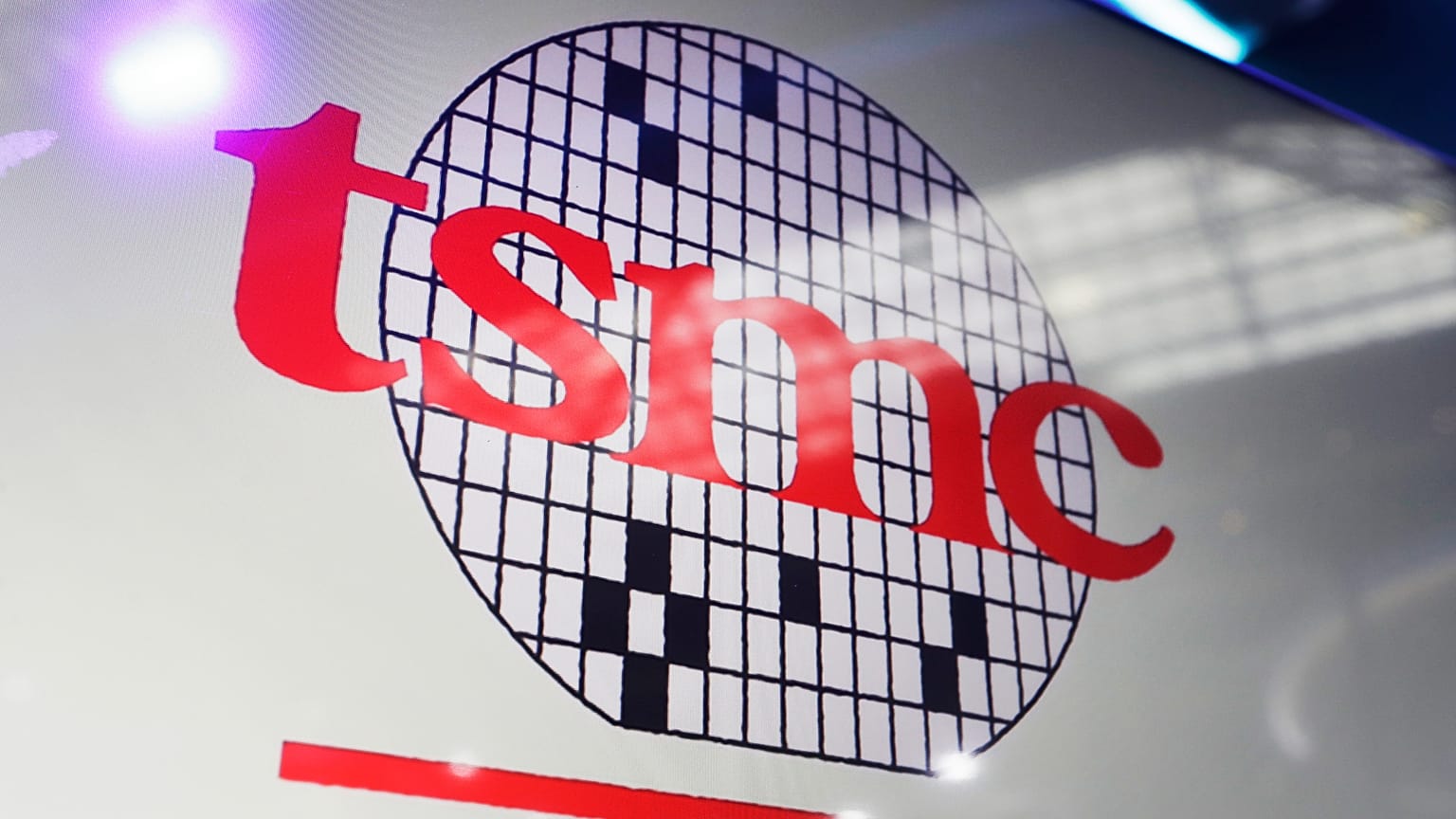U.S. Restricts TSMC Chip Shipments to China
The U.S. government has revoked TSMC's special export license, restricting shipments of American chipmaking tools to its Chinese facilities, escalating the ongoing technology standoff with China.

The United States has moved to tighten its grip on the global semiconductor supply chain, revoking Taiwan Semiconductor Manufacturing Company's (TSMC) special export license for shipping advanced chipmaking tools to its Nanjing facility in China. This measure, effective December 31, 2025, will force TSMC and its American suppliers to seek individual export approvals for each shipment, a process expected to slow down or disrupt the plant's operations.
The End of Special Allowances
Previously, TSMC enjoyed 'validated end user' (VEU) status, which enabled it to routinely receive chipmaking equipment and materials from U.S. companies without bureaucratic hurdles. The new rules mean every shipment—whether tools, spare parts, or chemicals—must now undergo a separate U.S. export review, with approvals presumed to be denied unless compelling reasons are presented. This move follows similar restrictions imposed on South Korean chipmakers Samsung and SK Hynix, signaling a broader U.S. strategy to curb China's access to advanced semiconductor manufacturing capabilities.
The Nanjing facility, known as Fab 16, produces chips using 12nm, 16nm, and 28nm-class technologies, which, while not the most cutting-edge, are still integral to a wide array of products, including automotive chips, 5G components, and consumer electronics. TSMC's older Shanghai fab, which uses legacy technologies, remains unaffected for now, as it falls outside the scope of current U.S. restrictions.
Strategic and Economic Implications
TSMC's business with Chinese customers accounted for about 11% of its $90 billion revenue in 2024, highlighting the significant economic stakes involved. The company, in a statement, acknowledged the potential disruption and said it is "evaluating the situation and taking appropriate measures, including communicating with the U.S. government" but insisted it remains "fully committed to ensuring the uninterrupted operation of TSMC Nanjing."
The U.S. decision is part of a larger effort to maintain its technological edge as competition with China intensifies. While the Biden administration had previously granted waivers to companies like TSMC, those allowances are now being withdrawn. U.S. officials have indicated that they do not intend to grant licenses for expanding or upgrading technology at Chinese fabs, and there is uncertainty about how quickly any individual licenses will be processed. This uncertainty could lead to delays and further disrupt manufacturing schedules.
Critics warn that the restrictions could have unintended consequences, potentially accelerating China's efforts to develop domestic alternatives and spurring innovation within its own chip industry. Meanwhile, ongoing trade talks between the U.S. and China continue, with both sides seeking to balance economic interests against national security concerns.